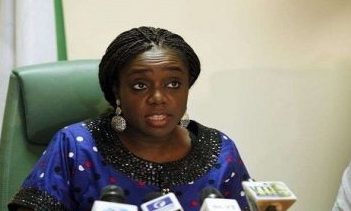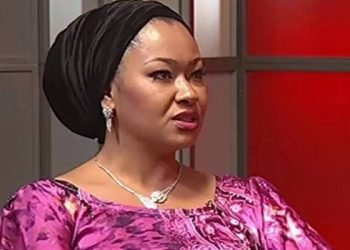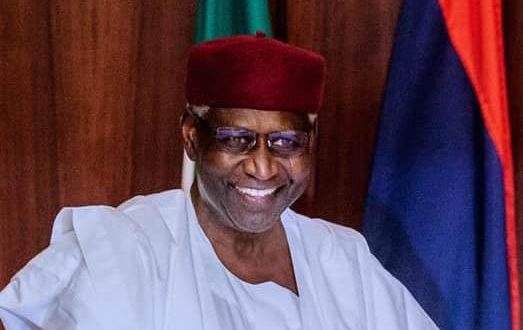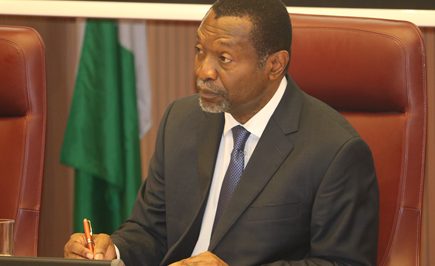Nigeria has been listed amongst the countries whose resources are yet to have social benefits as the country’s Excess Crude Account tied for the world’s most poorly governed sovereign wealth fund, according to a report by the Natural Resource Governance Institute (NRGI) released Wednesday.
Nigeria ranked 55 on a list of 89 countries, a rank below United Arab Emirates falling into the list of countries that have established procedures and practices to govern resources but have most of the elements necessary to ensure society benefits missing.
The country’s ranking of 55th in overall resource management, was helped by the high score on its taxation ranking to balance its last-place finish in sovereign wealth fund management.
It scored higher than 70th placed Angola, which is second to Nigeria in African oil exports, while nearby Equatorial Guinea was fifth from the bottom of the table.
Its ranking was however below Ghana, South Africa, Cameroon, Mali, Malaysia, Zambia amongst others.
The Minister of Finance, Mrs. Kemi Adeosun, had earlier in the year said the federal government commenced payment into the Excess Crude Account (ECA), in line with efforts to rebuild fiscal buffers. Adeosun said for the first time since the administration took over, the federal government in April, 2017 paid $87 million into the ECA.
The $2.4 billion Excess Crude Account was ranked alongside the Qatar Investment Authority as the worst in terms of oversight and transparency in NRGI’s index of resource management.
NRGI rated 11 sovereign wealth funds, managing least $1.5 trillion in total, as “failing”.
“The government discloses almost none of the rules or practices governing deposits, withdrawals or investments of the ECA,” the report said, adding that the account, along with the other worst performers, is “so opaque that there is no way to know how much may be lost to mismanagement.”
Funds in the Excess Crude Account, which is rainy day fund, is occasionally used by the government to cover budget shortfalls.
In such cases, the money is shared between the federal, state and local governments.
Nigeria also runs the Nigeria Sovereign Investment Authority, with some $1.25 billion under management, but NRGI said it had ranked the ECA due to its larger balance sheet.
According to NRGI President and chief executive, Daniel Kaufmann, “Good governance of extractive industries is a fundamental step out of poverty for the 1.8 billion poor citizens living in the 81 countries we assessed in the Resource Governance Index.
“It is encouraging that dozens of countries are adopting extractives laws and regulations, but often these are not matched by meaningful action in practice.”
He noted that the gap between law and practice was larger in countries where corruption was systemic, the index found.
This gap, he said, occurred in many policy areas of extractive industries—including environmental and social impacts, and the sharing of resource revenues by national governments with local authorities—and is particularly problematic for communities living near extraction sites.
The majority of governments inadequately govern their oil, gas and mining sectors, according to the 2017 Resource Governance Index.
Sixty-six countries were found to be weak, poor or failing in their governance of extractive industries.
Less than 20 per cent of the 81 countries assessed achieved good or satisfactory overall ratings.
The cross-country study of extractives governance, is based on new research into how countries’ governance affects their potential to realize value and manage revenues from their resources.
It also incorporates existing assessments of countries’ “enabling environments”—a measure of how well citizens can access and use information, freely work together to voice their concerns and hold their governments to account, and of the quality of institutions in the areas of administration, rule of law and corruption control.











